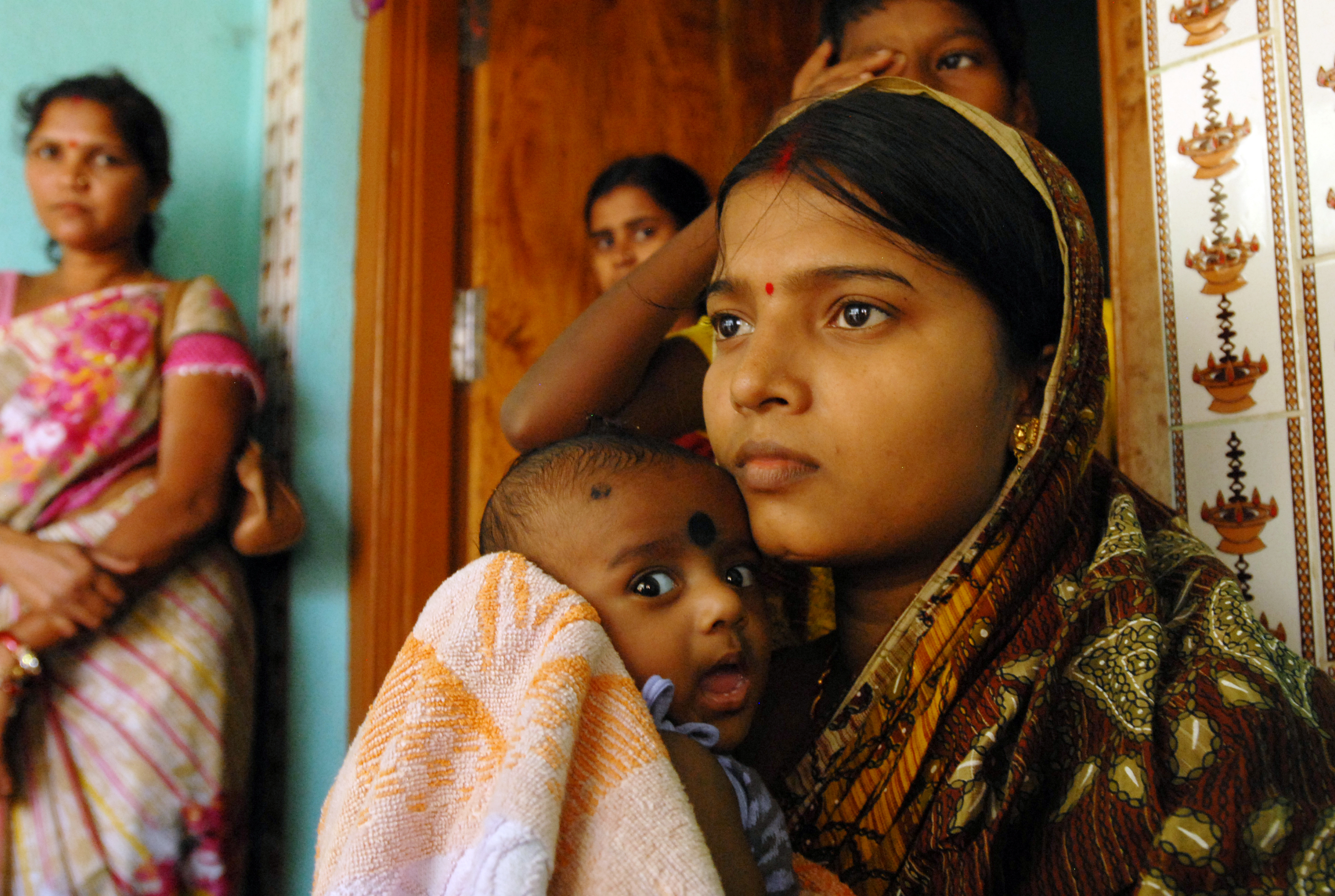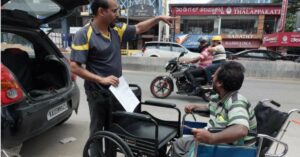India’s First Completely Indigenous Vaccine Gets WHO Pre-Qualification!
Developed by Bharat Biotech Limited, the Rotavac vaccine was initially prepared through the isolation of the 116E strain of the live virus at the All India Institute of Medical Sciences (AIIMS) between 1986 and 1988.

Diarrhoea is a symptom of infections caused by a host of bacterial, viral and parasitic organisms, and Rotavirus is the most common cause of diarrhoeal disease among infants and young children.
Infecting nearly every child at least once before the age of five through the faecal-oral route, one’s immunity against the virus develops with each rotavirus infection, and in time, the severity decreases—the rotavirus rarely infects adults.
Although diarrhoea is easily manageable, in 2013, rotavirus caused 37 percent of deaths of children from diarrhoea and 215,000 deaths worldwide. It is estimated that every year, about 2,00,000 children from lower and middle-income households die from rotavirus infection in India alone.
In a major boost for India’s national immunisation programme, an indigenously developed vaccine against rotavirus gastroenteritis has been ‘pre-qualified’ for the first time by the World Health Organisation.

Developed by Bharat Biotech Limited, the Rotavac vaccine was initially prepared through the isolation of the 116E strain of the live virus at the All India Institute of Medical Sciences (AIIMS) between 1986 and 1988, and was later developed over a period of two decades through an extensive public-private social innovation partnership.
Receiving the ‘pre-qualified’ tag means that a vaccine can now be sold internationally across many countries in Africa and South America.
Though there have been various other vaccines from India that have been pre-qualified, what makes Rotovac’s accreditation significant is its completely local formulation and development, which increases the scope for credible industrial, scientific and regulatory processes to develop more vaccines in the country.
You may also like: 100 People in Oxford Swallowed Bacteria to Make This Breakthrough Vaccine for India
According to Bharat Biotech chairman and managing director Krishna Ella, about 90 lakh children in nine Indian states have been vaccinated.
“Some medics have raised concerns that the rotavirus vaccine carried a small chance of causing infants to develop a bowel disorder; but the Rotavac vaccine, having been tested in the field for over a year, has not shown any negative effect,” he claimed, reports The Hindu.
Rotovac was included by the government in its National Immunisation Programme in 2016, under which around 3.5 crore doses have been administered till date.
Like this story? Or have something to share?
Write to us: [email protected]
Connect with us on Facebook and Twitter.
NEW: Click here to get positive news on WhatsApp!
This story made me
- 97
- 121
- 89
- 167
Tell Us More
We bring stories straight from the heart of India, to inspire millions and create a wave of impact. Our positive movement is growing bigger everyday, and we would love for you to join it.
Please contribute whatever you can, every little penny helps our team in bringing you more stories that support dreams and spread hope.


















